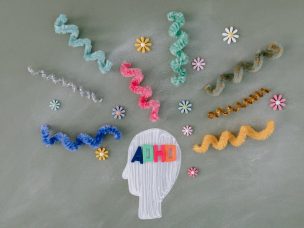Racial/ethnic disparities exist that prevent Black Americans from seeking and continuing ADHD treatment. A study was conducted to analyze cultural differences in the care of Black children with ADHD who were enrolled in Medicaid.
The study questioned parents and educators to determine the worst disparities in ADHD treatment affecting Black youth. The most notable disparity was the discontinuation of ADHD medication and behavioral therapy. It was also discovered that Black children with ADHD were less likely to receive adequate follow-up after diagnosis.
One factor in forgoing treatment is the fear of developing a substance use disorder from taking ADHD stimulant medication. The racism in America’s legal system toward Black people using substances heightens this anxiety. One must also consider the long history of mistreatment of Black youth in American schools, from segregation to the present day. Given this history, Black parents may be apprehensive about developing an individualized education plan (IEP) for their child with ADHD.
In conclusion, cultural humility and diversity in the health and teaching professions are crucial in improving ADHD diagnosis and treatment for Black patients. ADHD education and screening can help overcome mental health stigma in the Black community. Finally, health professionals must continue to educate themselves on these cultural issues, empathize, and meet Black families where they are when managing ADHD [1].
Source:
[1] Mattox, G. A., & Vinson, S. Y. (2018). Culturally Competent Approaches to ADHD: Issues in African-American Populations. Psychiatric Times, 35(9). https://www.psychiatrictimes.com/view/culturally-competent-approaches-adhd-issues-african-american-populations










